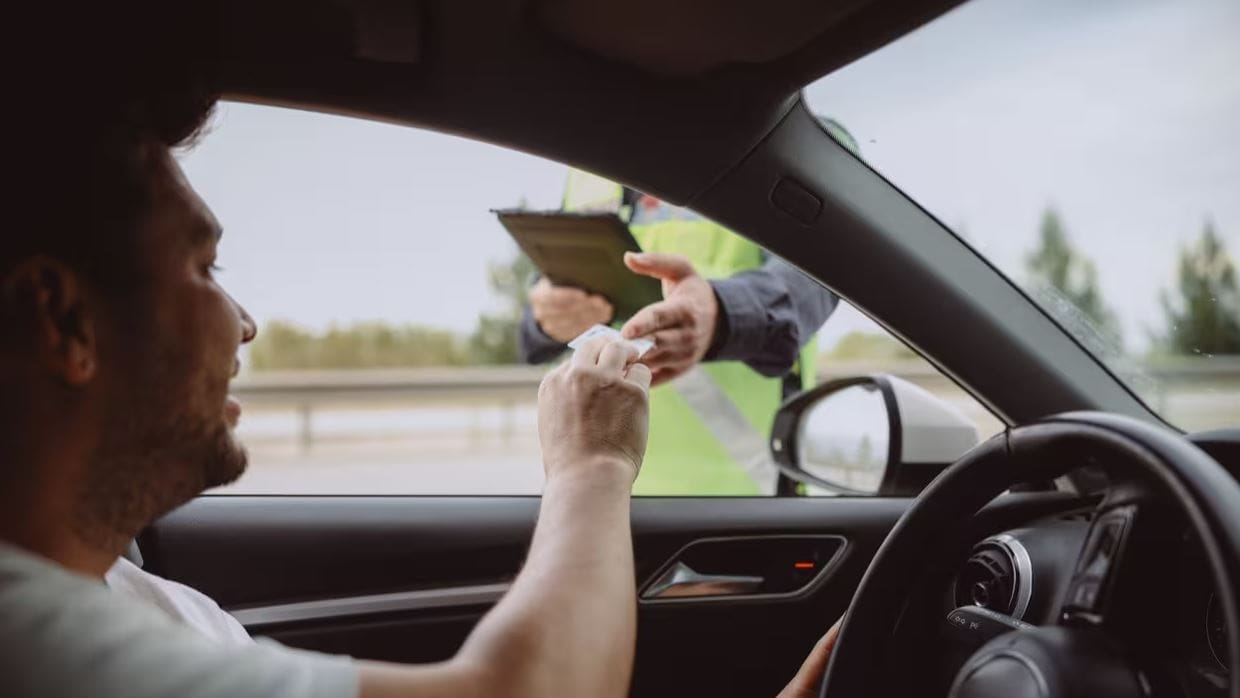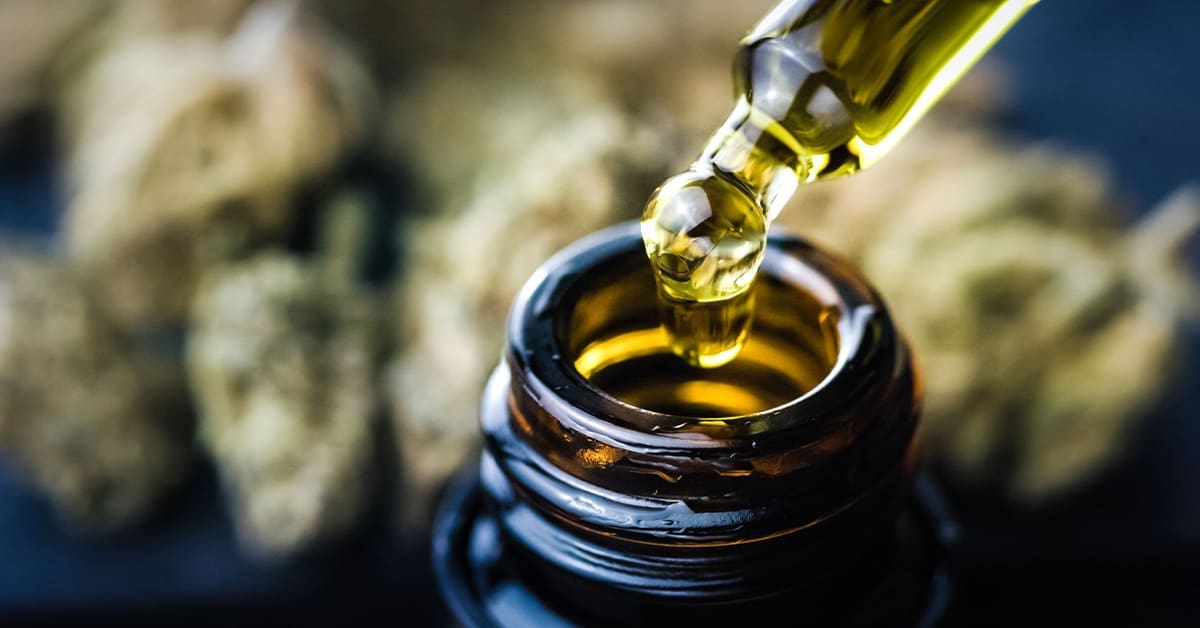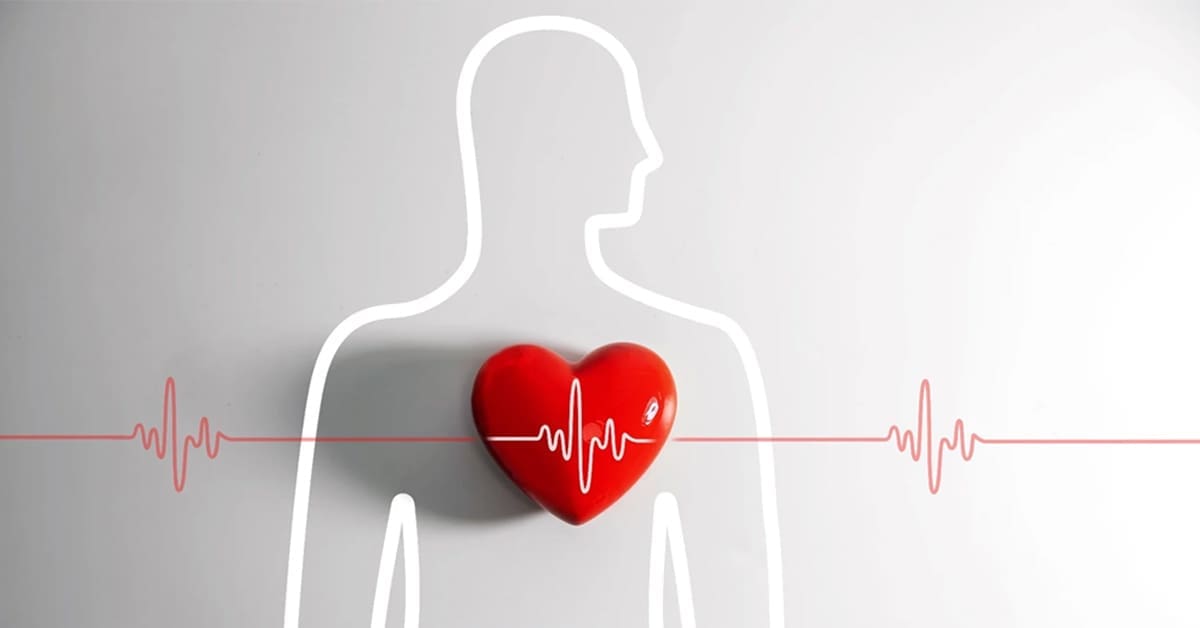Is there a difference between driving with CBD vs THC?
In 2017, the New Zealand government took a significant step towards making medicinal cannabis more accessible to those who need it, leading to a surge in its use. By 2020, nearly 17,000 people were using legal medicinal cannabis products, almost ten times the number from 2018. However, one critical question still hovers in the minds of many users: Can you drive while using medical cannabis?
Understanding Medicinal Cannabis Products
Before understanding the effects of cannabis on driving, it’s important to distinguish between the types of medicinal cannabis products. They differ in terms of their active components, which can have varied effects on the mind and body. The two key compounds to consider are Tetrahydrocannabinol (THC) and Cannabidiol (CBD). THC produces the intoxicating effects associated with cannabis, while CBD does not. Both interact with the body’s Endocannabinoid System, causing different physiological responses.
Driving and CBD
CBD is a non-psychoactive component of cannabis and does not cause a “high” or impair cognitive functioning. A Dutch study from 2020 showed that CBD-dominant cannabis does not impair cognitive abilities or driving skills. Full Spectrum CBD, Broad Spectrum CBD, and CBD Isolate products are available on prescription in New Zealand. Roadside drug tests are unlikely to return a positive result for impairment if you’re using CBD-dominant products. The government also provides medical defences for those found driving under the influence of prescribed drugs. However, it is always safer to consult with your doctor.
Driving and THC
THC is the primary component responsible for the recreational “high” of cannabis. Although it has many therapeutic benefits, it can impair driving abilities, causing symptoms such as dizziness, confusion, and reduced reaction times. A 2019 Australian study found that both THC-dominant strains and strains with equal concentrations of CBD and THC impair driving abilities. THC will be detected in a roadside drug test and might exceed the impairment threshold, leading to penalties, fines, and even imprisonment for repeat offenders. CannaPlus+ recommends waiting 8 hours from taking THC before getting behind the wheel.
New Zealand Roadside Testing
In March 2023, the anticipated introduction of roadside drug testing using saliva test kits faced a notable setback. The essential saliva testing devices, crucial for the successful execution of the new measures outlined in the legislation, were unexpectedly unavailable. Consequently, the complete rollout of random roadside saliva tests has been postponed until the required devices can be obtained and distributed to law enforcement agencies nationwide.
The Bottom Line
Driving while using medicinal cannabis requires careful consideration and consultation with your healthcare provider. While CBD-based products, especially full-spectrum CBD, are unlikely to impair your driving or result in a positive roadside drug test, THC-based medications can significantly affect your driving abilities. Despite the medical defence provided by the New Zealand government, it’s crucial to be cautious and responsible while driving.
Book a consultation with a medical cannabis professional if you have any concerns or questions regarding driving while using medicinal cannabis.
References:
- Hartman RL, Huestis MA. Cannabis effects on driving skills. Clin Chem. 2013 Mar;59(3):478-92. doi: 10.1373/clinchem.2012.194381.
- Arkell TR, Lintzeris N, Kevin RC, et al. Cannabidiol (CBD) content in vaporized cannabis does not prevent tetrahydrocannabinol (THC)-induced impairment of driving and cognition. Psychopharmacology (Berl). 2019 Oct;236(9):2713-2724. doi: 10.1007/s00213-019-05246-8.
- Vandrey R, Herrmann ES, Mitchell JM, et al. Pharmacokinetic profile of oral cannabis in humans: blood and oral fluid disposition and relation to pharmacodynamic outcomes. J Anal Toxicol. 2017 Mar 1;41(2):83-99. doi: 10.1093/jat/bkx012.
- Desrosiers NA, Lee D, Concheiro-Guisan M, et al. Urinary Cannabinoid Disposition in Occasional and Frequent Smokers: Is THC Glucuronide in Sequential Urine Samples a Marker of Recent Use in Frequent Smokers? Clin Chem. 2014 Feb;60(2):361-72. doi: 10.1373/clinchem.2013.208221.
- Statistics NZ. Therapeutic Use of Cannabinoids: Patient Statistics. 2020. URL: https://www.stats.govt.nz/








